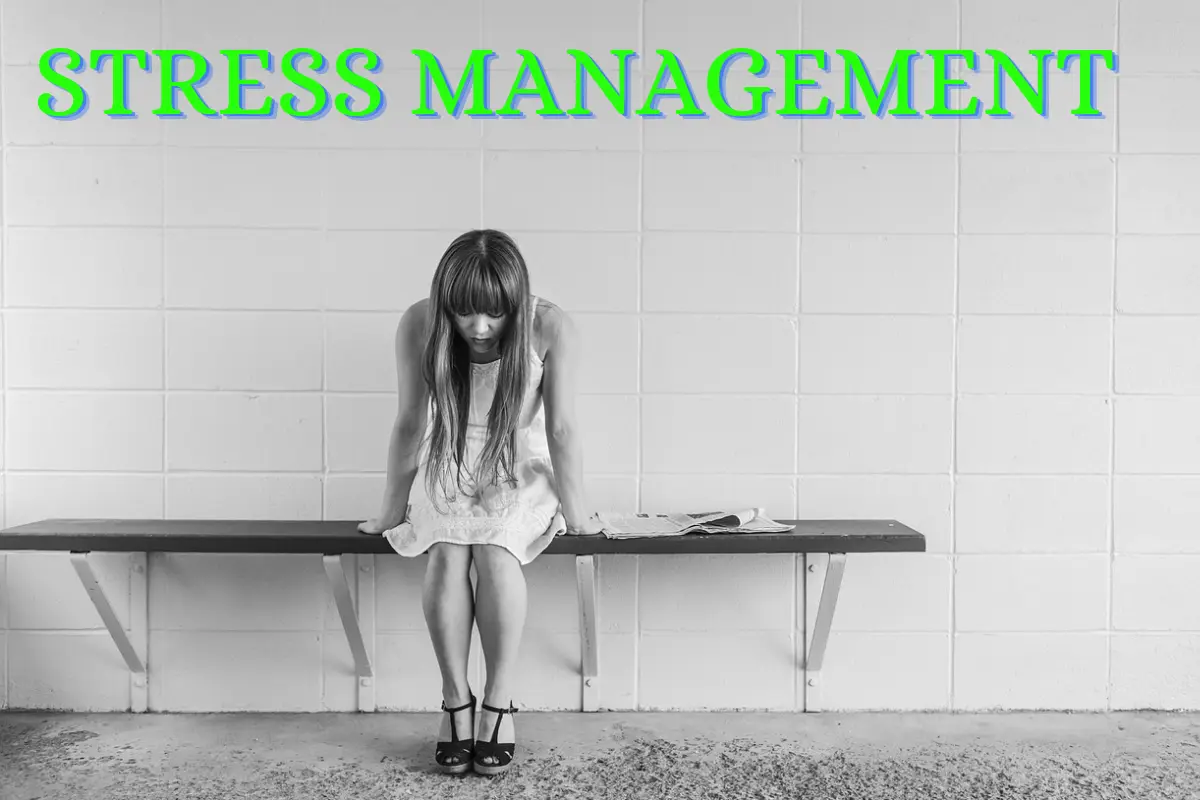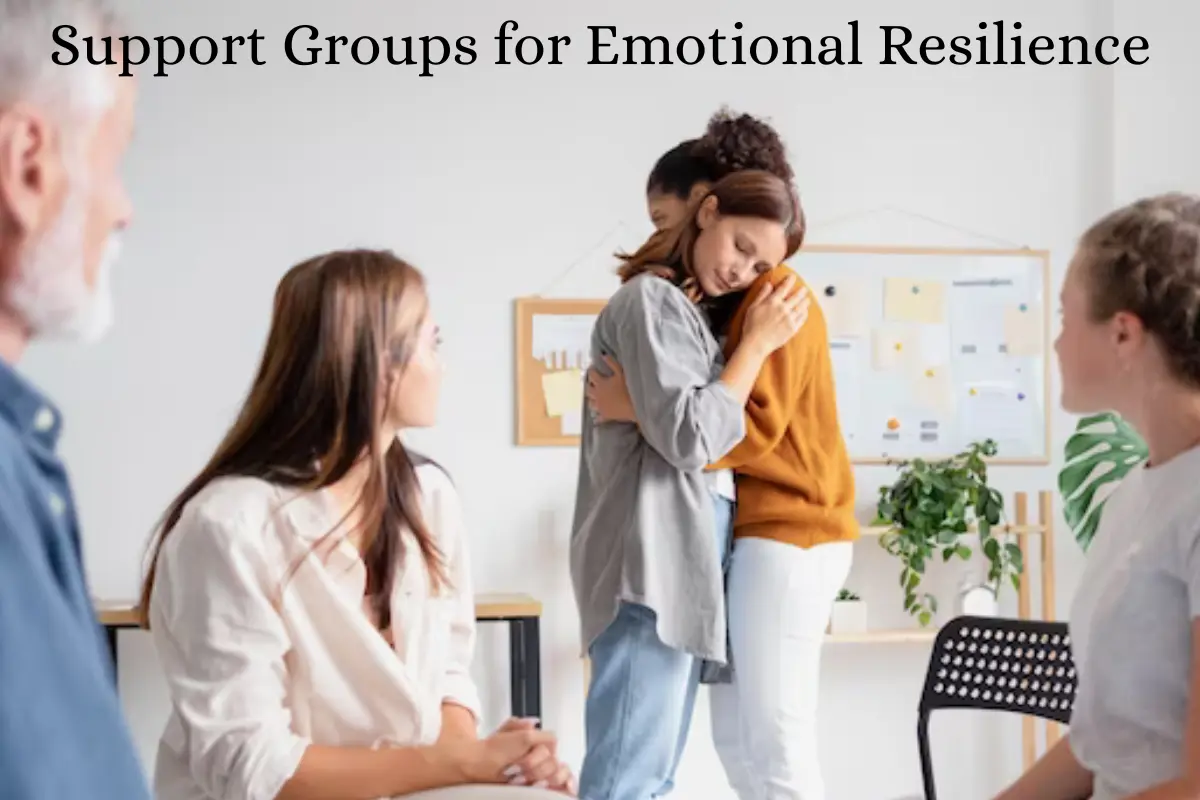Introduction
In this blog, we will explore the power of stress management through a series of inspiring Stress Management Stories. These narratives highlight real people who faced overwhelming stressors but found effective ways to navigate them. Their journeys demonstrate that with the right tools and mindset, stress can be transformed from a debilitating force into a catalyst for personal growth and resilience. Join us on a journey of discovery as we delve into these stories of triumph over stress.
 Stress Management stories
Stress Management stories
Of course, these are quite brief stories about stress management:
- Emma, a thoughtful corporate executive, used daily mindfulness meditation to stay composed and effectively carry out the demands of her profession.
- Tom, a recovering workaholic, was able to achieve a work-life balance through strict boundaries and therapy, which improved his career and well-being.
- Maria – Courage Victory: By taking part in support groups, keeping a journal, working out, and spending time in nature, Maria overcame problems in her life.
- Mark, a PTSD patient who served in the military, discovered mental recovery via counselling and support groups, highlighting the importance of seeking treatment.
Sarah’s Journey to Serenity
By combining meditation, task prioritisation, and self-care into her daily routine, Sarah, a busy professional, redeemed her life. Her transformation from stressed to calm is proof of the potency of simple adjustments in stress management. Sarah decided that if she wanted to lead a happy and fulfilling life, she needed to figure out how to achieve inner peace and emotional balance. She began her journey in the following way:
Self-Reflection Sarah began by engaging in extensive Self-Reflection. She began frequently recording her emotions and thoughts in a journal. This technique helped her understand emotional tendencies and stress trigger patterns. It was a crucial step in enabling her to comprehend herself better.
James: Thriving Under Pressure
James’ story is one of deadline pressure and high-stress situations. Learn how he overcame his professional obstacles head-on and succeeded by using stress as a driving factor. His experience clarifies the idea of “eustress,” or constructive stress.
Adapting Well to Tension
James oversaw projects in a demanding setting with stern deadlines, finicky clients, and unanticipated failures. The constant strain at work had a long-term negative impact on his health and wellness. But James was adamant about doing things his way. He chose to accept the challenge rather than succumb to the pressure.
James started to realise that stress when used in moderation, might be a powerful performance booster. Will be capable of paying attention higher and be stimulated to work tougher than he ever idea feasible. Because of this, he began to view strain as a chum as opposed to a risk.
Setting Clearly Defined Priorities: James saw the importance of this. He concentrated his efforts on deciding which projects and tasks were most crucial. The feeling of being overwhelmed by the amount of work was minimised as a result.
James sought guidance from seasoned peers who had achieved success in the same high-stress environment. Thanks to their counsel and experience, he was able to manage issues and maintain his cool under pressure.
 Mindfulness Meditation for Work-Life Balance
Mindfulness Meditation for Work-Life Balance
Stress Management Emma, a company employee, had constant stress as a result of her lengthy work weeks. She began practising mindfulness meditation during breaks. She was able to be present, manage her stress, and establish a better work-life balance as a result. During her lunch breaks, Emma would find a quiet area, close her eyes, and practise mindfulness meditation for only fifteen minutes. It wasn’t easy at first since she kept thinking about her to-do list. She gradually developed the ability to silence her mind’s constant chatter, remain in the present, and focus on her breathing.
The results were astounding. In her professional journey, Emma discerned a heightened capacity to confront the rigours of her occupation. The pandemonium that once besieged her psyche no longer held sway over her. Instead, she executed her responsibilities with an elegance and meticulousness that bespoke mastery. Emma’s anecdote serves as a compelling testament to the efficacy of mindfulness meditation as a strategic tool in the pursuit of equilibrium between professional commitments and personal life, along with the concomitant reduction of stress.
Staying Healthy
Exercise to Reduce Stress
Moving your frame is useful for both your bodily and intellectual well-being. Exercise can enhance your mood, whether or not it’s walking, yoga, or running out within the health club.
 Eat Healthy
Eat Healthy
Your intellectual and emotional health may be greater with the aid of consuming a balanced weight loss plan that includes lots of results, greens, and wholesome grains.
Managing Your Time to Be More Productive:
Entrepreneur David had stress from managing a growing business. He began employing time management techniques, such as the Pomodoro technique, to efficiently plan his days. As a result, he was able to work more productively and with less stress. He began utilising the Pomodoro technique, a time-management tool that suggests breaking work up into focused 25-minute chunks separated by quick breaks.
David was initially hesitant but ultimately decided to try it. To his surprise, this simple technique altered the trajectory of his workweek. As a result, he was able to prioritise his work, stay on target, and keep a healthy work-life balance.
David harnessed exceptional temporal organization to steer his business toward heightened efficiency and productivity, concurrently alleviating the burdens of stress that once shadowed him. His narrative unequivocally underscores the pivotal significance of effective time management in the amelioration of stress levels.
Support Groups for Emotional Resilience:
Cancer survivor Lisa was under a lot of pressure all the time. She joined a group of people going through similar challenges for assistance. Thanks to the support of the group and the chance to exchange experiences, she was able to manage her stress and grow emotionally resilient.
To share her thoughts and experiences with others who could connect, she joined a support group for cancer survivors. The group’s capacity to promote a sense of comprehension and connection was invaluable. It made it possible for Lisa to control her emotional tension, build her stamina, and find optimism even in the most trying situations.
The story of Lisa shows how important it is to seek support from people who have gone through similar struggles when dealing with stress and misfortune.

Stress Management Is a Video tutorial for you.
https://youtu.be/aDJrOQw4S1Y?si=gd5ehZ55lQQAVoRE
Therapy for Coping with Trauma:
Post-traumatic stress disorder (PTSD) tormented the military veteran, Mark. In his quest for solace, he turned to the realm of professional counselling, where he was introduced to a repertoire of coping strategies to combat the shadows of his past. This therapeutic journey, marked by its intricacy, ultimately yielded a profound transformation, elevating the quality of Mark’s existence.
Faced with the spectre of trauma, Mark consciously elected to embark on a voyage of healing through the medium of therapy. Guided by the seasoned hand of a licensed counsellor, he undertook the acquisition of an array of coping skills to confront his demons.
An outdoor retreat to renew the spirit
Sarah and Mark arrived at a secluded woodland cabin, embracing the essence of solitude. They deliberately abstained from modern-day gadgets, choosing to immerse themselves in the serenity of nature. This intentional disconnect from technology ushered in a cascade of tranquillity and served as the crucible for the strengthening of their bond.
These narratives serve as eloquent testimony to the efficacy of stress management across divergent life experiences. It is prudent to bear in mind that the quest for an ideal strategy may demand a trial-and-error approach, and the wisdom of seeking guidance from experts remains an option if the journey grows arduous.
In Conclusion
In summation, these vignettes underscore the potential for personal growth and well-being through the skilful handling of stress. By harnessing an eclectic arsenal of techniques, such as mindfulness, introspective contemplation, seeking external support, and establishing cognitive boundaries, individuals not only withstand the rigours of stress but also flourish amidst its challenges. It is a poignant reminder that, notwithstanding the mundane constraints of daily existence, each of us harbours the fortitude and reserves essential for leading a robust and fulfilling life.
FAQs
How can I reduce my tension in only five minutes?
For immediate stress reduction in just five minutes, practise deep breathing exercises or try a quick mindfulness meditation.
How can stress be permanently reduced?
To get long-lasting outcomes, tackle stress relief holistically: Regular Workout Make time for exercise in your daily routine to lessen stress over time. Consume a nutritious diet that is balanced to support both your body and mind. To replenish your energy and reduce your tension, you must get a decent night's sleep. To develop awareness, do yoga or meditation regularly.
How do you quiet your mind?
Use mindfulness meditation, deep breathing techniques, or enjoyable activities to calm your thoughts.
